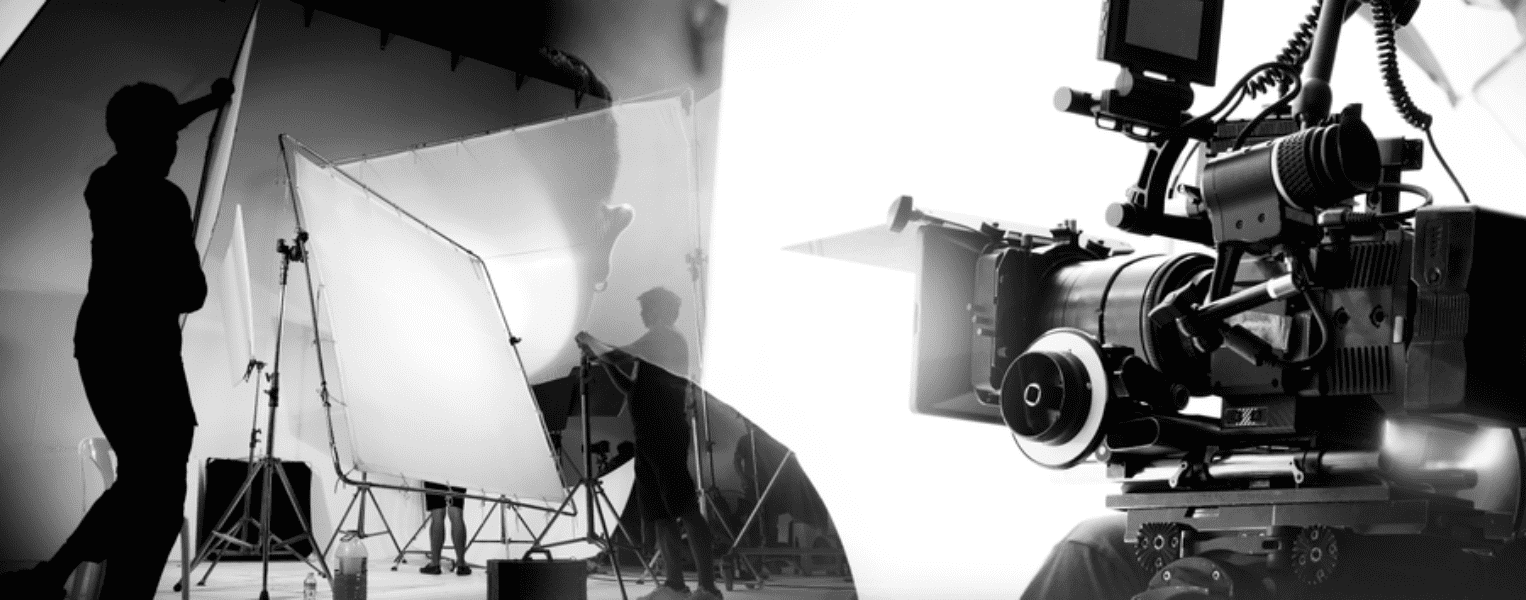
The art of cinematography is an integral part of filmmaking, transforming written scripts into visual narratives. The role of the cinematographer, also known as the director of photography, involves much more than just operating a camera. It's about crafting the visual style of a film, making creative decisions about lighting, framing, and camera movement that shape the viewer's experience. For those passionate about entering this field, enrolling in a cinematographer course or attending a cinematography institute can be the first step towards mastering this craft.
| Introduction |
|---|
| Understanding Cinematography |
| Essential Equipment and Techniques |
| Importance of Lighting |
| Framing and Composition |
| Camera Movement |
| Color Grading |
| Role in Pre-Production |
| On Set Collaboration |
| Post-Production Role |
| Post-Production Role |
| Specializations |
| Course Experience |
| Cinematography in Noida |
| Benefits of Institutes |
| Choosing a Course |
| Practical Training |
| Future of Cinematography |
| Developing a Unique Style |
| Business Aspects |
| Career Paths |
| Conclusion |

Cinematography is both a science and an art. It combines technical expertise with creative vision, requiring a deep understanding of camera technology, lighting techniques, and post-production processes. A well-structured cinematography course can provide aspiring cinematographers with the foundational skills they need to succeed. Courses typically cover topics such as camera operations, lighting setups, and scene composition, all of which are essential for creating visually compelling films.
The tools of a cinematographer include a variety of cameras, lenses, and lighting equipment. Understanding how to use these tools effectively is crucial for any aspiring filmmaker. A cinematography institute often provides hands-on training with industry-standard equipment, allowing students to gain practical experience. Techniques such as three-point lighting, depth of field manipulation, and shot composition are taught in detail, enabling students to experiment and develop their unique style.
Read About: Here are Five Reasons You Should Take a Digital Marketing Course in 2024
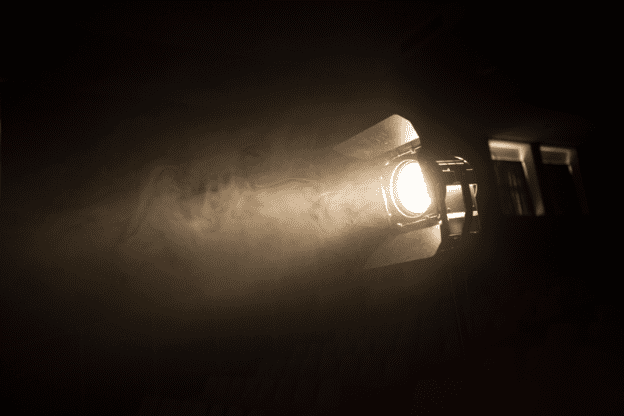
Lighting is one of the most critical elements in cinematography. It sets the mood, highlights important aspects of a scene, and can even influence the audience's perception of characters. A cinematography course will delve into various lighting techniques, from natural light to complex studio setups. Understanding how to manipulate light and shadow is key to creating dynamic and engaging visuals.
Framing and composition are fundamental aspects of cinematography. They determine what the audience sees and how they perceive it. A well-composed shot can convey emotions, guide the viewer's focus, and enhance the storytelling. Courses at a cinematography institute teach students about the rule of thirds, leading lines, and other compositional techniques that help in crafting visually appealing shots.
Camera movement can add a layer of dynamism to a film, making scenes more engaging. Techniques such as panning, tilting, and tracking shots are essential tools in a cinematographer's arsenal. A cinematographer course will cover these movements in detail, allowing students to understand how to use them effectively to enhance their storytelling.
Color grading is the process of altering and enhancing the color of a motion picture, video image, or still image. It is an essential part of post-production that can drastically change the mood and tone of a film. A cinematography course institute often includes training in color correction and grading, teaching students how to use software like DaVinci Resolve to achieve their desired look.

The cinematographer's role begins long before the cameras start rolling. In pre-production, they work closely with the director to understand the vision for the film and develop a visual style that supports the narrative. This stage involves extensive planning, including creating shot lists, storyboards, and lighting diagrams. Cinematography courses often emphasize the importance of pre-production, preparing students to collaborate effectively with directors and other crew members.
Read About: Cinematography vs. Videography: Key Differences Explained for Beginners
On set, the cinematographer is responsible for executing the visual plan. This involves coordinating with the camera crew, gaffers, and grips to ensure that each shot is captured as envisioned. Communication and collaboration are key skills that are often highlighted in a cinematography course institute. Students learn to lead a team, solve problems on the fly, and adapt to changing conditions.
After filming, the cinematographer continues to play a vital role in post-production. They work with colorists and editors to ensure that the final product aligns with the original vision. A cinematographer course will typically include training in post-production techniques, allowing students to understand how their work on set translates to the final edit.
Cinematography is a broad field with several areas of specialization. These include documentary cinematography, commercial cinematography, and narrative cinematography. Each specialization requires a different set of skills and techniques. For instance, documentary cinematographers need to be adept at capturing real-life events in a compelling way, often with limited resources and time. A cinematography institute may offer specialized courses to help students hone their skills in a particular area of interest.

Enrolling in a cinematography course provides a structured learning environment where students can develop their skills under the guidance of experienced professionals. These courses often include theoretical lessons, practical workshops, and opportunities for hands-on experience. For those looking to start their journey in this field, choosing a reputable cinematography course institute is crucial.
Noida has emerged as a significant hub for film and media education in India. The city is home to several prestigious cinematography course institutes that offer comprehensive training programs. These institutes provide state-of-the-art facilities and access to industry professionals, making Noida an attractive destination for aspiring cinematographers.
Attending a cinematography course institute offers numerous benefits. Students gain access to professional-grade equipment, receive mentorship from industry experts, and have opportunities to work on real-world projects. These experiences are invaluable for building a portfolio and establishing a network within the film industry.
With so many options available, choosing the right cinematography course can be challenging. Prospective students should consider factors such as the curriculum, faculty expertise, facilities, and alumni success. Visiting campuses, attending open houses, and speaking with current students can provide valuable insights into the quality of the program.
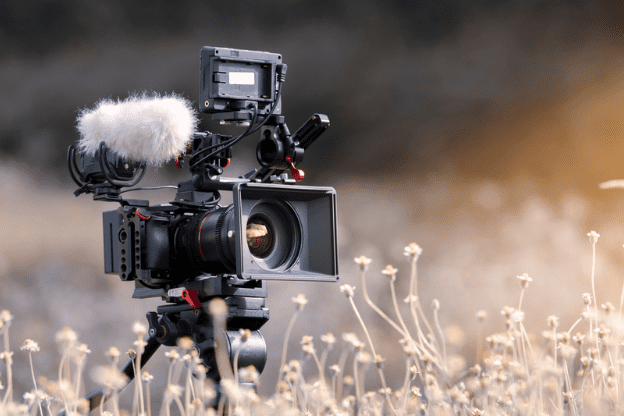
Practical training is at the heart of any good cinematography course. While theoretical knowledge is important, hands-on experience is essential for mastering the craft. Students should look for courses that offer plenty of opportunities for practical work, including workshops, on-set training, and internships.
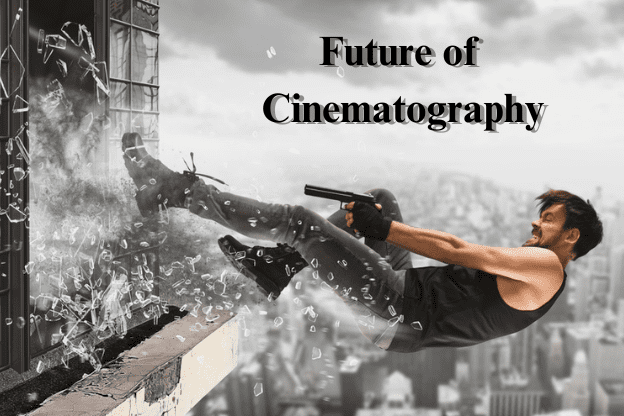
The future of cinematography is exciting, with advancements in technology and changing audience preferences continuously shaping the industry. Virtual reality, drone cinematography, and AI-driven editing tools are just a few examples of innovations that are transforming the field. A forward-thinking cinematography institute will keep students abreast of these developments, preparing them for the evolving landscape of film production.
Developing a unique visual style is one of the most important aspects of becoming a successful cinematographer. This involves experimenting with different techniques, studying the work of other filmmakers, and continuously refining one's craft. A cinematography course provides a supportive environment for this creative exploration.
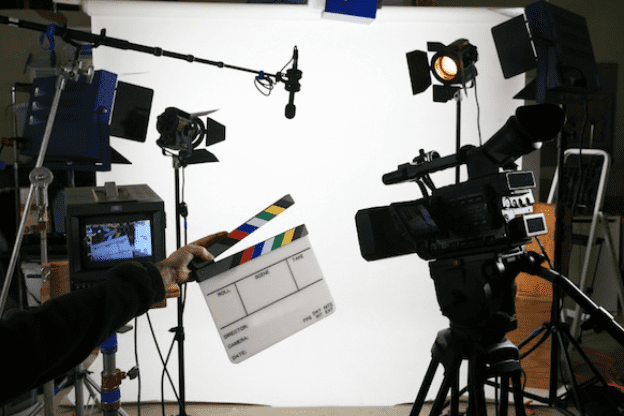
Understanding the business side of cinematography is also crucial for a successful career. This includes knowledge of budgeting, scheduling, and negotiating contracts. A comprehensive cinematography course will include lessons on the business aspects of the profession, preparing students to navigate the industry effectively.
A career in cinematography can take many paths, from working on feature films and television shows to commercials, music videos, and independent projects. Each path offers unique opportunities and challenges. A cinematography institute can help students explore different career options and find the path that best suits their interests and skills.
For those looking to start their journey in cinematography, enrolling in a cinematography course in Noida can be a strategic move. Noida's growing reputation as a center for film and media education, combined with its vibrant cultural scene, makes it an ideal location for aspiring cinematographers.
A successful cinematographer needs a blend of technical skills, artistic vision, and collaborative abilities. Essential skills include camera operation, lighting design, shot composition, and post-production techniques.
The duration of a cinematography course varies depending on the program. It can range from short workshops lasting a few weeks to full-time diploma programs spanning several years
Graduates can pursue various career paths, including working as a director of photography, camera operator, lighting technician, or in post-production roles such as colorist or editor.
The cost of a cinematography course varies widely depending on the institute, program duration, and facilities offered. Prospective students should research and compare different programs to find one that fits their budget and career goals.
Yes, many cinematography course institutes offer specialized programs in areas such as documentary cinematography, commercial cinematography, and narrative cinematography. Specializing can help you develop expertise in a specific field and enhance your career prospects.
Most cinematography institutes provide access to professional-grade equipment as part of their training programs. However, students may also benefit from having their own basic equipment, such as a DSLR camera and lighting kit, for practice and personal projects.
The role of the cinematographer is vital in bringing a director's vision to life, combining technical expertise with artistic creativity to craft the visual look of a film. For those passionate about entering this field, pursuing a cinematographer course or attending a cinematography institute can provide the necessary skills and experience. With the right education and dedication, aspiring cinematographers can develop their unique style and make significant contributions to the world of film. Whether in Noida or elsewhere, the journey through a cinematography course offers a pathway to a rewarding and dynamic career. Institutes like RSFI Institute offer specialized programs and expert guidance, making them an excellent choice for those looking to excel in cinematography.